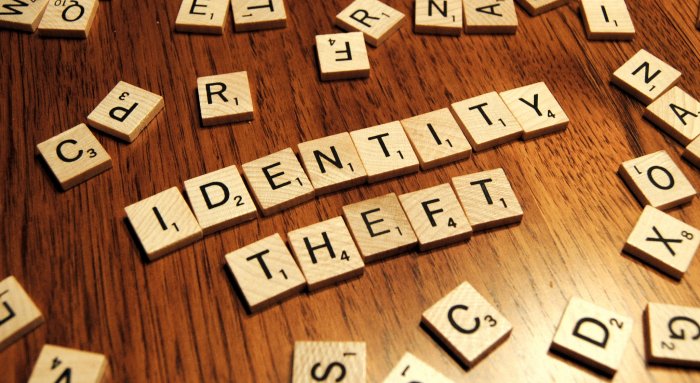1 in 5 Australians was identity crime victims last year which cost up to $1.6 billion lost. In the Australian society, there is an extensive concern about identity theft. However, Australians have little knowledge about identity crime. So what is identity theft?

According to the non-profit Identity Theft Resource Centre, identity theft can be sub-divided into five groups:
- Criminal identity theft
- Financial identity theft
- Identity cloning
- Medical identity theft
- Child identity theft
Criminal Identity theft
Criminal identity theft generally refers to the offender who fraudulently identifies him/herself as another person when arrested for a crime by presenting stolen or fake ID. This leads to charge placing under the victim’s name and let the criminal off the hook. Victims will only know their identity were stolen by chance, for example by receiving a court summon, discovering their drivers licenses are suspended when stopped for a routine traffic stop or through background checks done for employment purposes. Unfortunately, victims can hardly clear the incorrect criminal record. Victims might have to prove their own identities by providing some reliable information, like DNA testing, fingerprinting and going to court. Even though victims might obtain an expungement of court records, data aggregators might still have the incorrect criminal records in their databases, whereby affects victims in the future background check.
Financial identity theft
Financial identity theft is the most common type of identity theft. Financial identity theft occurs when a thief uses stolen personal identity to commit a crime resulting in financial injury to the victim. The stolen information may include names, bank account numbers, credit card numbers and other personal financial data. With this information, thieves can get credits, apply for loans or mortgages and purchase goods and services, claiming under the name of the victims.
Identity cloning
Instead of stealing other’s personal information for financial gain or committing crimes under victim’s name, the identity thief uses other’s information to assume his/her identity in daily life is referred as identity cloning. Criminal comprises victim’s life by actually living and working as the victim. Illegal immigrants, people evading from creditors or other individuals, or those who simply want to become “anonymous” for some reasons may perhaps commit identity cloning.
Medical identity theft
Medical identity theft occurs when a thief uses the victim’s name or health insurance number to see a doctor, get prescription drugs, claim health insurance and get other care. When victim’s health record is mixed with the thief’s health information, it may affect future insurability, cause doctors relying on the misinformation in delivering future medical care and result in extra payment records.
Child identity theft
When a child’s identity is used by another person to apply for government benefits, open bank and credit accounts, apply for a loan or rent a place to live, such crime is identified as child identity theft. The offender could be a family member, a friend or even a stranger targeting on children. Usually, such cases are undetected for years, as most children will only discover the problem when they grow up.
Have you ever encountered any types of identity theft? If yes, don’t be shy and send us your case to areyoutheonlyone1@gmail.com
-KYCL-







